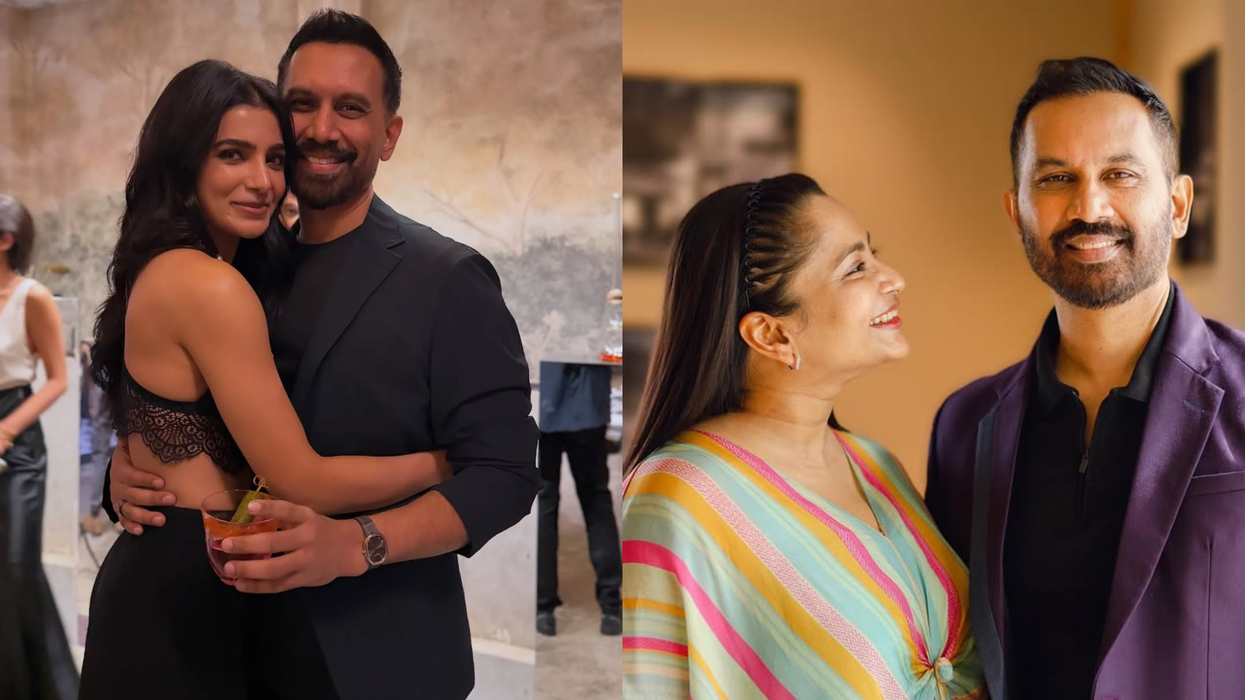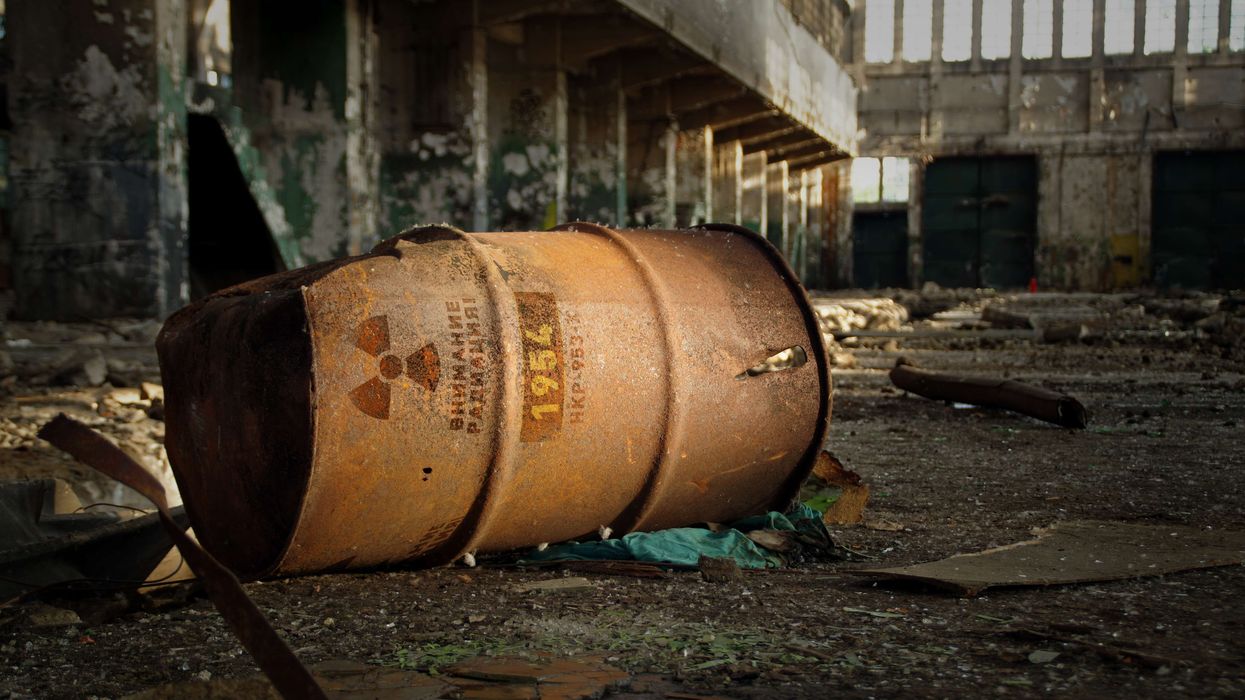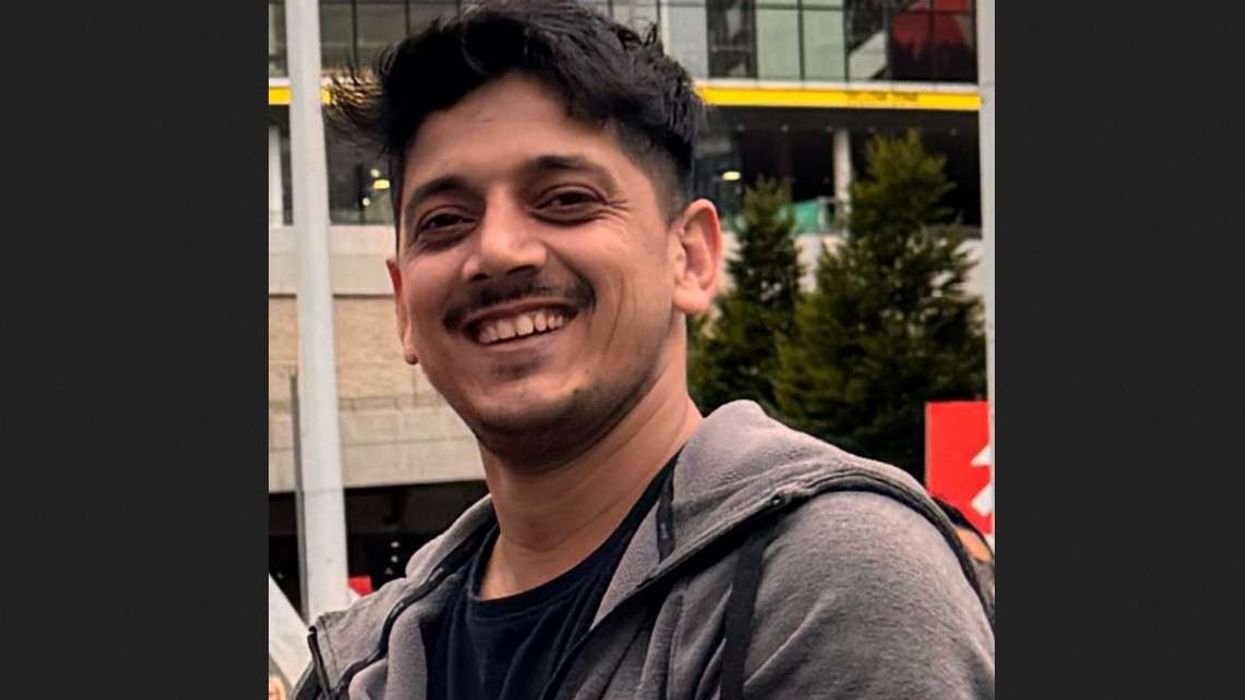THE joy of food has always been a constant in restaurateur Shamil Thakrar’s life – both in business and on the family kitchen table.
Best known as the brains behind the hugely successful Dishoom restaurants, the mix of food and family started at a young age. One of his earliest memories is of his grandmother (fondly named baa), who would “always be cooking up a storm” in the joint house where he and his family lived. “Wherever she was, there would be a big table full of food,” he reminisces. “It was pretty central to me.”
Since launching in 2010, Dishoom has become a resounding success story. Initially founded by Thakrar and three others – the brand has expanded to seven restaurants across three major cities, including London and Manchester. Inspired by old Irani cafes which were popular in 19th century Bombay, it is notable for its intricate detail and design concept in each restaurant space, as they are all specially designed with their own back-story.
Has Dishoom’s popularity surprised Thakrar? “Yes, it has,” Thakrar, who attended Harvard Business School in 1999, laughs. “You just go along and do stuff, and hopefully, people will like it. You have to be focused on the work that you have to do and do right by the team, and you’ll receive some measure of success.”
Since its debut, the eatery was voted the best UK restaurant by Yelp users in 2015-2016 and was given the Best Small Group by the Good Food Guide in 2016. The restaurant was featured in The Sunday Times 2019 Best Companies to Work For – an especially important accolade to Thakrar.
Dishoom is also known for giving back to the community. During the height of the coronavirus crisis, all seven Dishoom branches closed – but the team worked tirelessly to contribute what they could to those in need.
When the late actress Helen McCrory and husband Damian Lewis launched their FeedNHS campaign to help frontline staff in the health service, Dishoom was one of the restaurant groups that answered the call. The Dishoom kitchens in Kensington cooked meals for NHS employees at St Mary’s Hospital in Paddington.
More than 2,500 meals were provided in the first few days after Dishoom got on board with the charitable initiative.
Thakrar claimed his father, Rashmi Thakrar, who passed away in 2016, would have approved of his son’s attempt to help the NHS.
His beloved father had come from Uganda at the time of the Asian expulsions in 1972, and created the Tilda brand with its focus on Basmati rice. “I am sure he is glad we are doing it.
It’s certainly true in my family there is a tradition of service. And we like to continue with that work at Dishoom,” Thakrar says.
Philanthropy is not a new venture for the business, though. In 2019, the brand’s Meal for a Meal initiative revealed it had donated five million meals to charity. For every meal served at Dishoom, a meal is given to a child who would otherwise go hungry. It has helped to feed school children in the UK and abroad.
Thakrar, a father-of-three, described the impact of the meal as “life-changing”.
“When hunger is a barrier to education, it also becomes a barrier to social mobility,” Thakrar explains. “A child who is not fed can become a teenager who did not learn and an adult who stays in poverty.”
Another milestone for the business came last September, in the form of their debut cookbook Dishoom: From Bombay with Love. In the wake of the pandemic, sales of the book have sky-rocketed as people looked to practise indoor hobbies after pubs and restaurants shut their doors. In October, publisher Bloomsbury confirmed it was one of their most popular reads during lockdown.
For Thakrar, the cookery guide was an opportunity to bring food and culture together. “I think they are often quite disconnected from one another,” he says. “In London, we are extremely fortunate that you can go to wonderful restaurants, and you can eat so much food from so many countries, but I think that one downside of that is that we consume just the food instead of understanding that underneath the food, there are decades, or even centuries, of tradition, heritage, culture and stories.”
“Ultimately, it is a really nice thing to have together,” he says.







